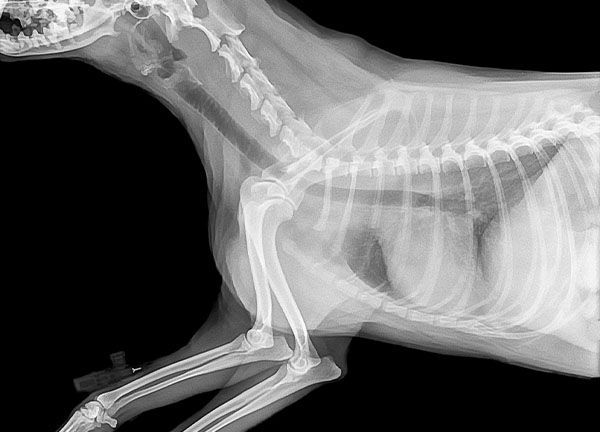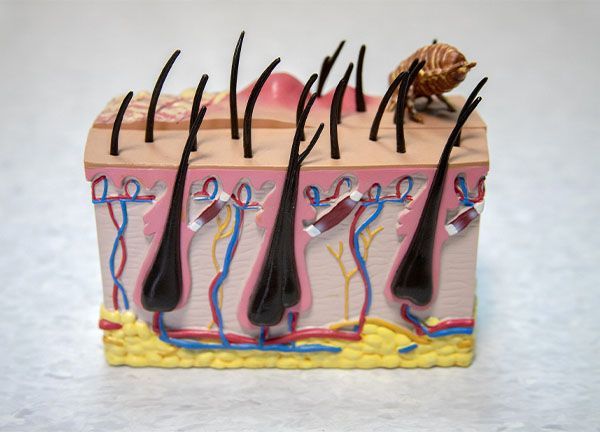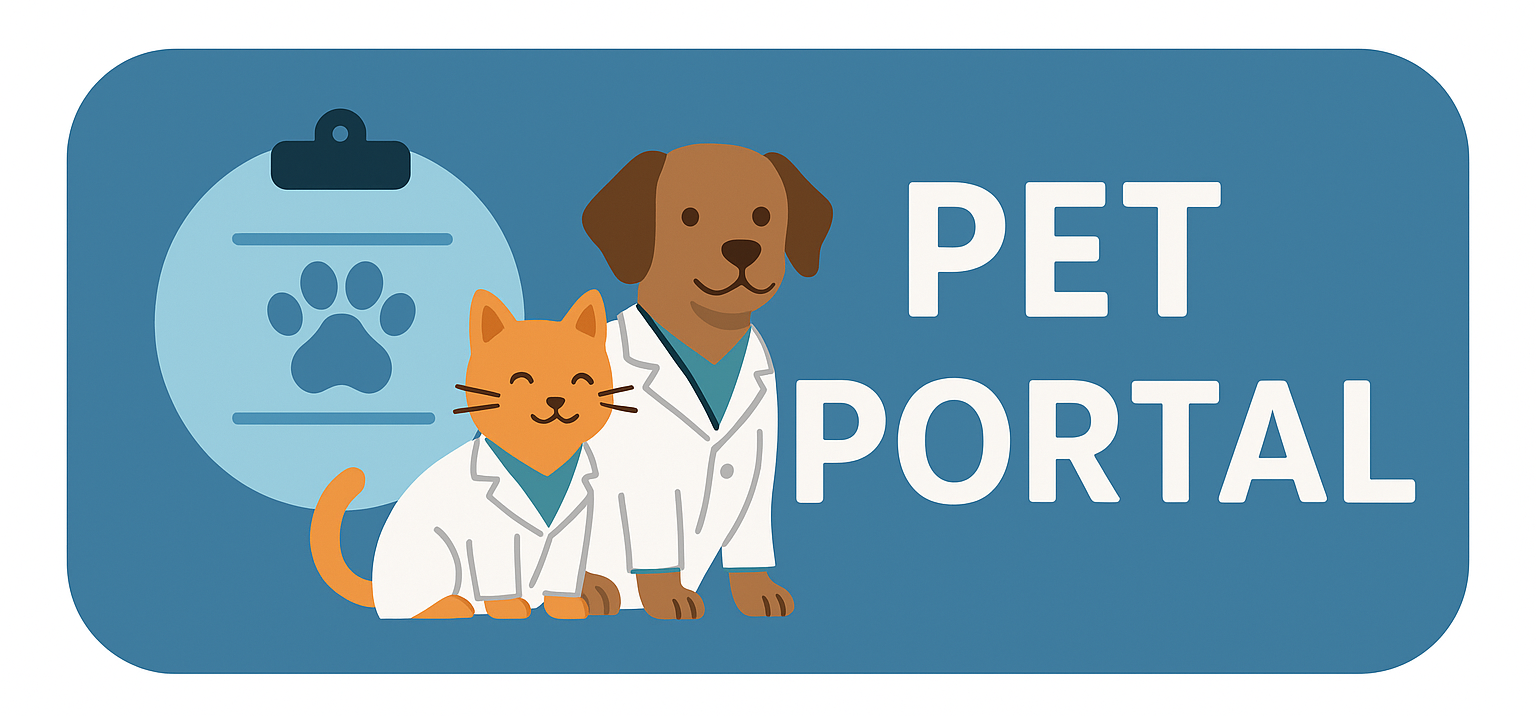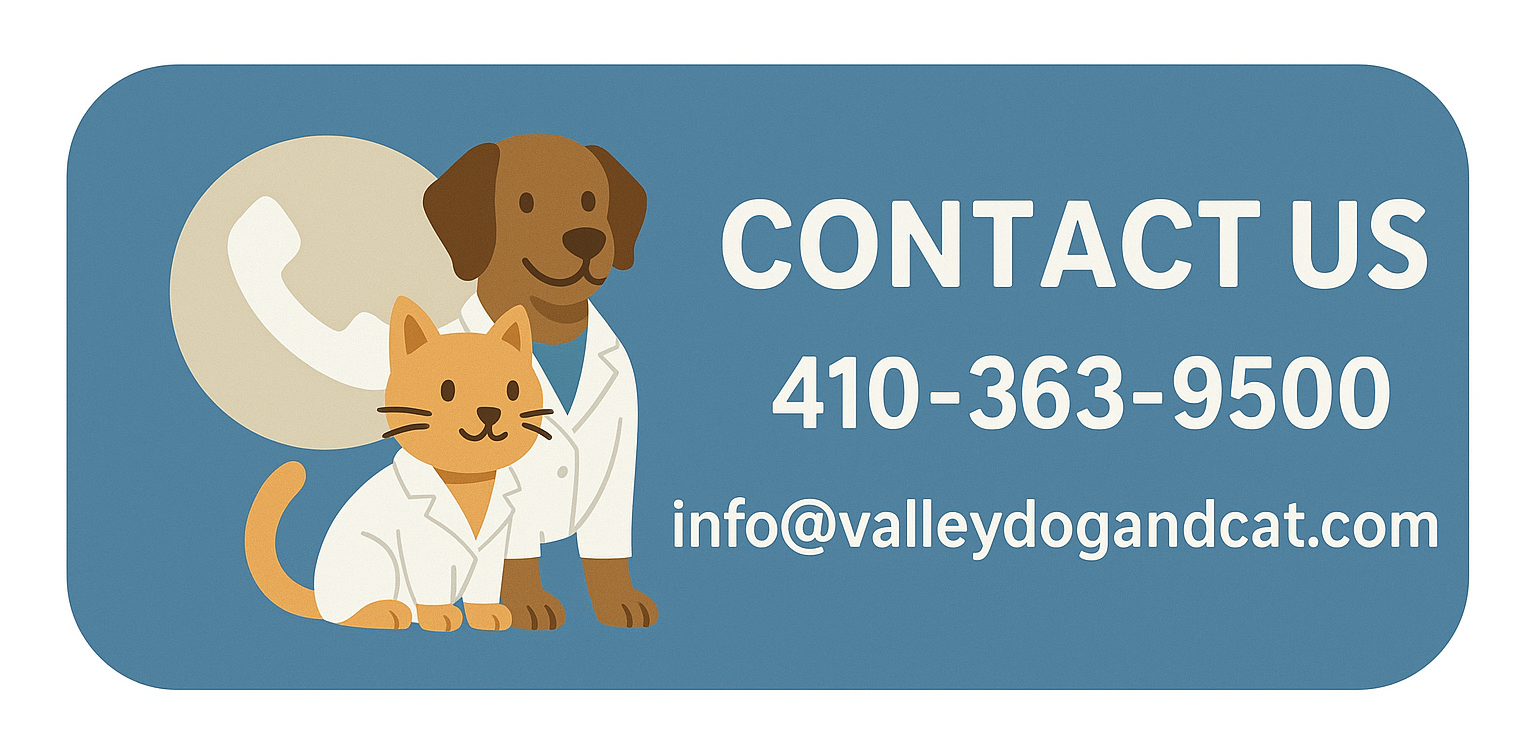Pet Medical Care Services
We provide comprehensive medical care to support your pet’s health through every life stage. Whether it’s a routine wellness check, diagnostic testing, or treatment for an illness or injury, our dedicated team is committed to delivering personalized, high-quality care with compassion and expertise.
Radiology (X-rays)
When trying to determine what may be wrong with your pet, we often rely on x-rays (radiographs) as a valuable diagnostic tool. Radiographs help us pinpoint the source of a problem, rule out certain conditions, or narrow down a list of possible issues. They can also be used during routine wellness visits to catch early signs of disease before they become more serious.
X-rays are a valuable diagnostic tool that allow us to examine your pet’s bones, lungs, heart, stomach, intestines, colon, bladder, and reproductive organs. Depending on your pet’s condition, we may use X-rays on their own or in combination with other diagnostic tests.
Accurate interpretation requires advanced training and careful analysis by our veterinary team to ensure the best possible care.

At Valley Dog and Cat Hospital, we utilize digital radiography, a modern technology that captures x-ray images electronically instead of on traditional film. This method allows for faster image processing, quicker diagnosis, and lower radiation exposure compared to conventional x-rays.
Because it’s essential for your pet to stay completely still during the x-ray to ensure a clear image, we may need to sedate your pet or use short-acting anesthesia in some cases.
If you have any questions about our radiology service or what to expect during your pet’s procedure, please don’t hesitate to ask.
Dermatology (Skin)
Skin issues are a frequent concern in both dogs and cats and can stem from a variety of underlying causes, including allergies, infections, hormonal imbalances, and external parasites like fleas or mites. These conditions can be challenging to manage and are best addressed as early as possible.
In many cases, a thorough physical exam is enough to identify your pet’s skin condition. However, some dermatologic conditions require additional testing for an accurate diagnosis. Based on your pet’s symptoms and what we observe during the exam, we may recommend further diagnostics such as microscopic exams, skin scrapings, bloodwork or a biopsy.
If your pet is scratching more than usual or you notice signs like hair loss, scabs, redness, flaking skin, swelling, or unusual lumps, please reach out to us. Early intervention can help manage the problem more effectively and keep your pet comfortable.

Cardiology (Heart)
While heart conditions are more commonly seen in senior pets, they can develop at any age. Heart disease is often serious and potentially life-threatening, but with early detection and proper treatment, many pets can live longer, more comfortable lives. In some cases, early intervention can even lead to a full recovery, depending on the type of heart disease.
Heart problems may progress to congestive heart failure (CHF), a condition where the heart is no longer able to pump blood effectively. This leads to fluid buildup, typically around the lungs and sometimes in the abdomen. Causes of CHF can include congenital defects (present at birth), valvular disorders, arrhythmias (abnormal heart rhythms), and heartworm disease.
If your pet begins coughing, excessively panting, tiring easily, or showing signs of weakness or reluctance to exercise, it may be time to have their heart checked. Many cardiac conditions can be detected during a physical exam, but we often recommend further testing (such as x-rays, an electrocardiogram (ECG), and cardiac ultrasound) to confirm a diagnosis and determine the best course of treatment.
Pet Medical Care Services
Tonometry
Protecting your pet’s vision depends on the early detection and treatment of glaucoma and other issues involving intraocular pressure (pressure inside the eye). We can safely and easily measure eye pressure in both dogs and cats using a handheld device called a tonometer. This test is gentle, non-invasive, and does not require sedation.
Glaucoma is not only a very painful condition, but it is also a medical emergency. If left untreated, it can lead to permanent vision loss or total blindness within just a few days or even hours. Pets that have sustained an eye injury should have their eye pressure checked immediately. Certain breeds are also genetically predisposed to glaucoma, and we recommend regular pressure checks for these pets to help catch changes early and begin treatment before irreversible damage occurs.
If your pet shows signs like enlarged pupils, a cloudy cornea, red or bloodshot eyes, bulging of one or both eyes, squinting, or excessive tearing, please contact us right away. Because glaucoma is painful, affected pets may also rub their eyes, paw at their face, or press their head against objects more frequently than usual.
Give us a call if you have any concerns about your pet’s eyes or want to know if your pet may be at increased risk for glaucoma.

Endocrinology
Detecting endocrine disorders early in dogs and cats is crucial, as these conditions can be serious if left untreated. The good news is that many endocrine diseases can be effectively managed when diagnosed promptly, allowing for earlier intervention and better long-term outcomes.
The endocrine system is a network of hormone-producing glands and tissues that help regulate vital functions like metabolism, growth, development, and reproduction. These hormones travel through the bloodstream to specific parts of the body, depending on their role. When this system is disrupted, such as by an autoimmune condition or tumor, an endocrine disorder can occur. “Hyper” indicates too much of a hormone is being produced, while “hypo” means there’s too little. Treatment depends on the specific condition and its underlying cause.
Some of the most common endocrine diseases in dogs and cats include:
Diabetes mellitus, which is caused by insufficient insulin production or the body’s resistance to insulin.
Hypothyroidism, commonly found in dogs, which results from low levels of thyroid hormone.
Hyperthyroidism, often seen in cats, which involves an overproduction of thyroid hormones.- Addison’s disease (hypoadrenocorticism) and Cushing’s disease (hyperadrenocorticism), which affect hormone production in the adrenal glands.
If your pet begins to exhibit unusual behaviors or symptoms such as increased thirst or urination, change in appetite, excessive panting, changes in energy levels, weight fluctuations, , or skin and coat issues like hair thinning or a dull appearance, it could signal an underlying endocrine problem. Please contact us to schedule an evaluation.
Comprehensive Physical Examination
If you notice any signs that your pet isn’t feeling well, don’t hesitate to give us a call. Based on the symptoms you describe, we may recommend bringing your pet in for a prompt medical evaluation—possibly the same day.
To accurately diagnose any health issue, a hands-on comprehensive physical exam of your pet is essential. During a comprehensive physical exam, we start by examining your pet’s eyes, ears, skin, and performing a thorough check of their cardiovascular, neurological, gastrointestinal, and musculoskeletal systems to identify any signs of illness or irregularities.
If needed, we’ll run blood and/or urine tests to evaluate the function of vital organs such as the kidneys, liver, and pancreas, as well as to assess hormone-related systems like the thyroid and adrenal glands. Depending on what we find, additional diagnostics such as x-rays, ultrasound, endoscopy, or a biopsy may be recommended to get a clearer picture of your pet’s health.
If you suspect your pet isn’t feeling well or notice unusual symptoms, please don’t hesitate to call us to schedule an exam. In urgent cases, we may advise bringing your pet in immediately for prompt evaluation and care.





